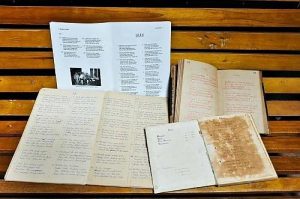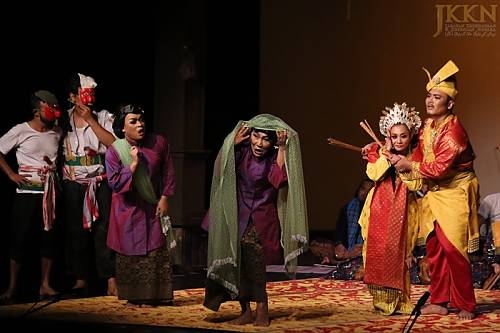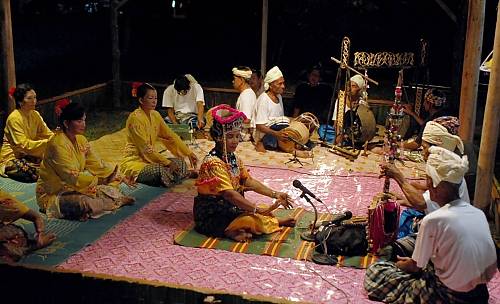Inscribed in 2020
Pantun is a form of Malay verse used to express intricate ideas and emotions. It is the most widespread oral form in maritime Southeast Asia and has been used in many parts of the region for at least 500 years. Pantun has a clear a-b-a-b rhyme scheme. The four-line variety is the most common. Pantuns may be transmitted in music, song and writing. Seventy per cent of verses are devoted to expressing love of a romantic partner, family, the community, and the natural world. Verses can be recited at weddings, customary rituals and official ceremonies. Pantun offers a socially acceptable way to express oneself indirectly in a polite way. It is also an instrument of moral guidance as verses often contain religious and cultural values such as restraint, respect, kindness and humility. Pantun has also been used as a diplomatic form of conflict resolution as it offers a way to gently evoke important issues. Harmony with nature and flexibility in human relationships are also lauded ideals. Pantun is formally taught in schools, artistic workshops, and through informal means.
Joint Nomination between the Government of Malaysia and Indonesia.
Image courtesy of Dewan Bahasa dan Pustaka, 2009
Image courtesy of Department of National Heritage, Malaysia 2017







